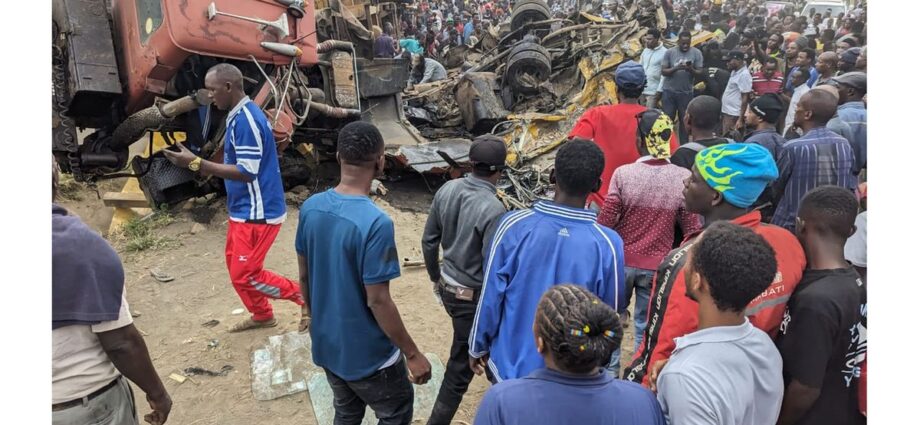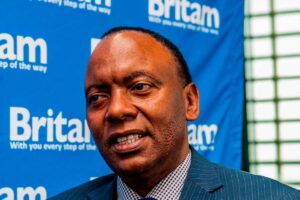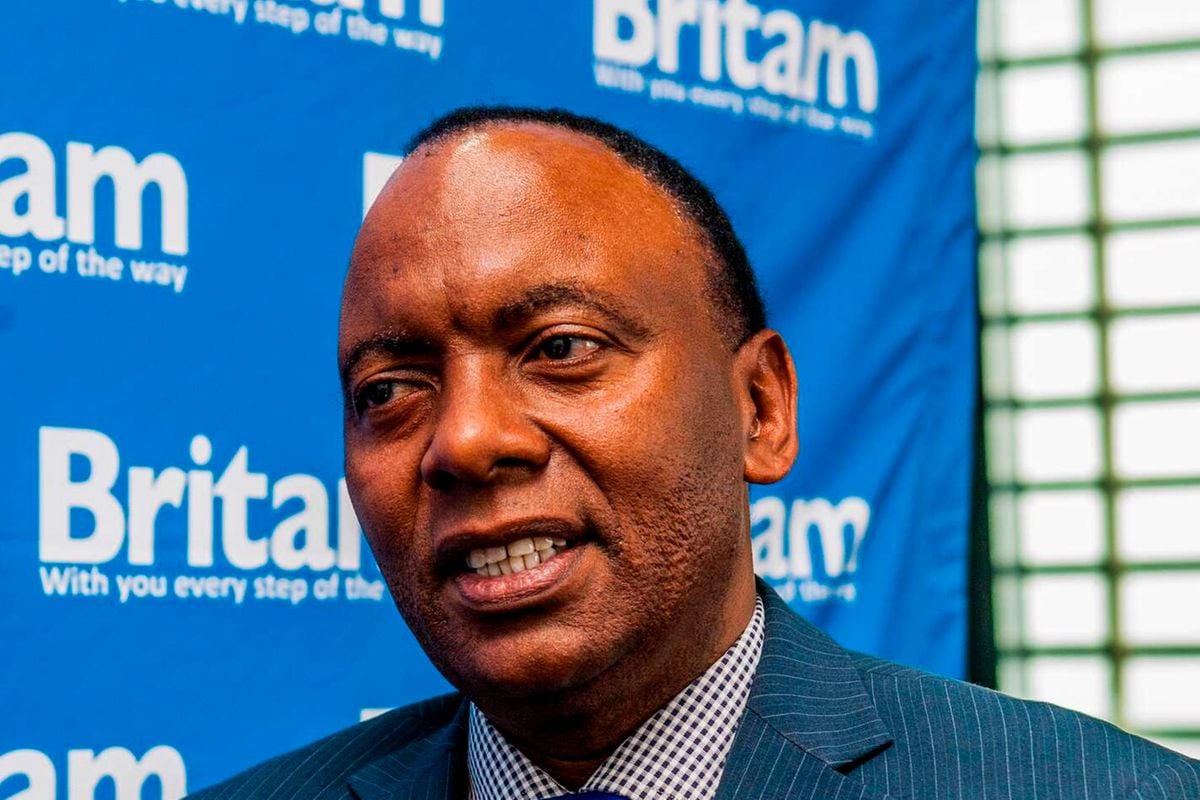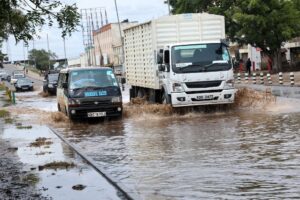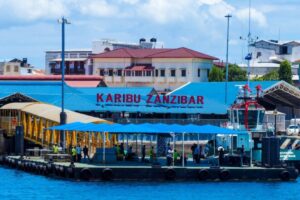Eleven Kenyatta University students were killed in a horrific crash on Monday when their bus collided with a truck on a busy Mombasa highway after skidding in heavy rain. Forty-two students were seriously injured.
The crash was one of the worst in Kenya in the year so far and cemented road traffic accidents as a leading killer in the country.
Speaking in Kisumu West on Tuesday, Interior Cabinet Secretary (CS) Kithure Kindiki made the point rather dramatically when he said that the number of road traffic accident fatalities in a year in Kenya has surpassed the number of people who died from Covid-19 between 2020 and 2022.
The pandemic claimed 4,600 lives in two and a half years but, in contrast, according to figures by the National Transport and Safety Authority (NSA), 4,324 people were killed and 18,561 injured in one year (2023) in road accidents in Kenya.
However, that still does not tell the whole story of the tragedy of road accidents in Kenya, and Africa.
According to 2023 data from the World Health Organisation, Sub-Saharan Africa is the world’s region most affected by road crashes, with a fatality rate is 27 per 100,000 inhabitants.
That is three times higher than Europe’s average of nine and well above the global average of 18.
In Africa, traffic deaths account for about one-quarter of the global number of victims, even though the continent has barely 2 per cent of the world’s vehicle fleet, the UN Secretary-General’s Special Envoy for Road Safety, Jean Todt, said last year.
Last year two bus crashes in January in Senegal made grim headlines, claiming 62 lives in January.
The UN noted that in nearby Côte d’Ivoire, the daily number of fatal road accidents last year rose to 46, from just 12 in 2012.
Within that story, traffic accidents are the leading cause of death among African youth.
They have become a weapon of mass destruction against African youth and, deeper in that disaster bracket, are taking a higher toll on the continent’s middle and working classes.
Car accidents are also now the leading global cause of death amongst children and young adults aged five to 29 years old.
These accidents impose a high economic penalty. According to the World Bank, the cost of road accidents represents eight per cent of Senegal’s annual GDP and 7.8 per cent of Côte d’Ivoire’s.
On the whole, road deaths and serious injuries cost Africa more in GDP than any other continent – about 9 per cent of GDP.
The WHO attributes the sharp drop in road fatalities in middle- and high-income countries to increased safety efforts – the development of safer infrastructure like cycling lanes, and “better” legislation on speeding, seat belts and vehicle standards.
The conventional wisdom is that similar efforts and zealous enforcement (may corrupt traffic cops burn in hell) would bring a lot of good in Africa too.
This sounds particularly promising if one considers that a 2018 WHO report found that nearly half of the 54 countries in Africa had no speed laws or speed limits in place.
There is no doubt that better infrastructure, traffic law enforcement, newer vehicles (Africa imports the highest percentage of used cars in the world), and more driver sanity, will reduce deaths, but it won’t be enough.
If this level of traffic death came from something young people were drinking, governments would have banned it by now. One can’t ban cars, boda boda, or outlaw pedestrians.
One thing that would make a huge difference, though, is to ban two-way roads. Let all roads be one-way. Once you put African drivers on two-way roads where they have to contend with on-coming traffic along the same piece of tarmac, you are courting disaster and creating business for coffin makers.
That would reduce accidents, but not enough. The way we have built our infrastructure and structured our cities doesn’t work at a fundamental level.
Additionally, the fact that so many young people die in traffic accidents is a result of other forces, including demography.
So many young people in Africa have flooded public spaces as they circulate in them as part of their broader engagement with the economy, and these areas weren’t built to handle their numbers.
One of the more productive approaches would be to shift to trains (and ensure they never have to cross a road with traffic or, even, cows).
Better still, is to get off the ground entirely, and move to underground trains, although can foresee how a time would come when that too might end in mega tears.
The best bet would be to get most people entirely away from behind the wheel of a train, bus, matatu, regular car and, if magic was real, the handlebars of a boda boda.
And so, we come to the great irony. Driverless cars and trains are just what the doctor ordered for Africa, although it is the continent that doesn’t make any of them; doesn’t have any infrastructure built for them yet; and is too poor to afford them.

